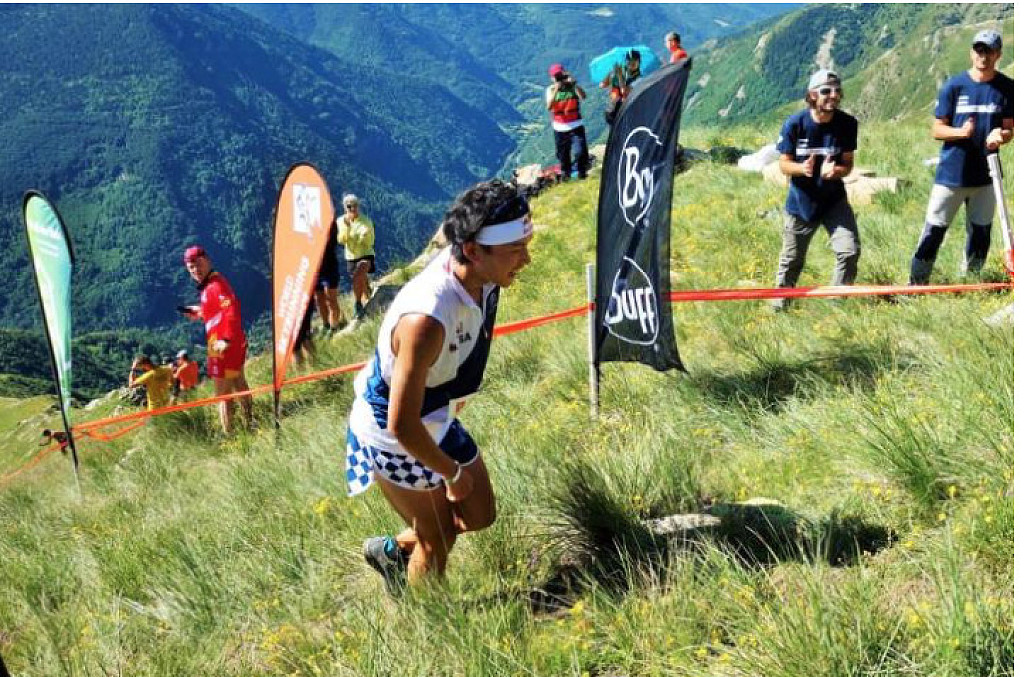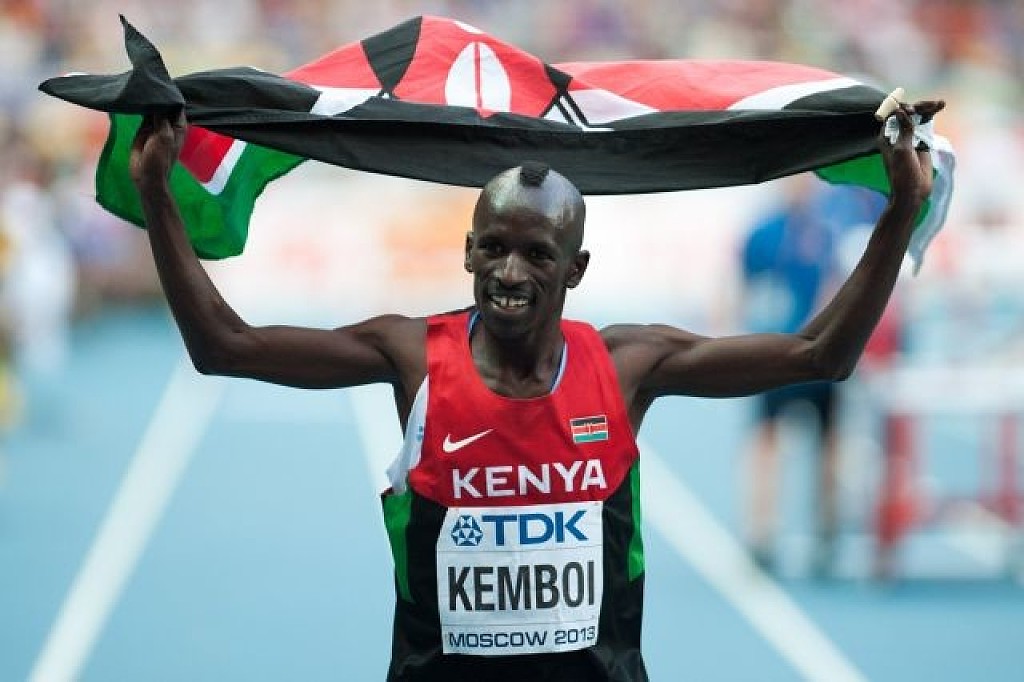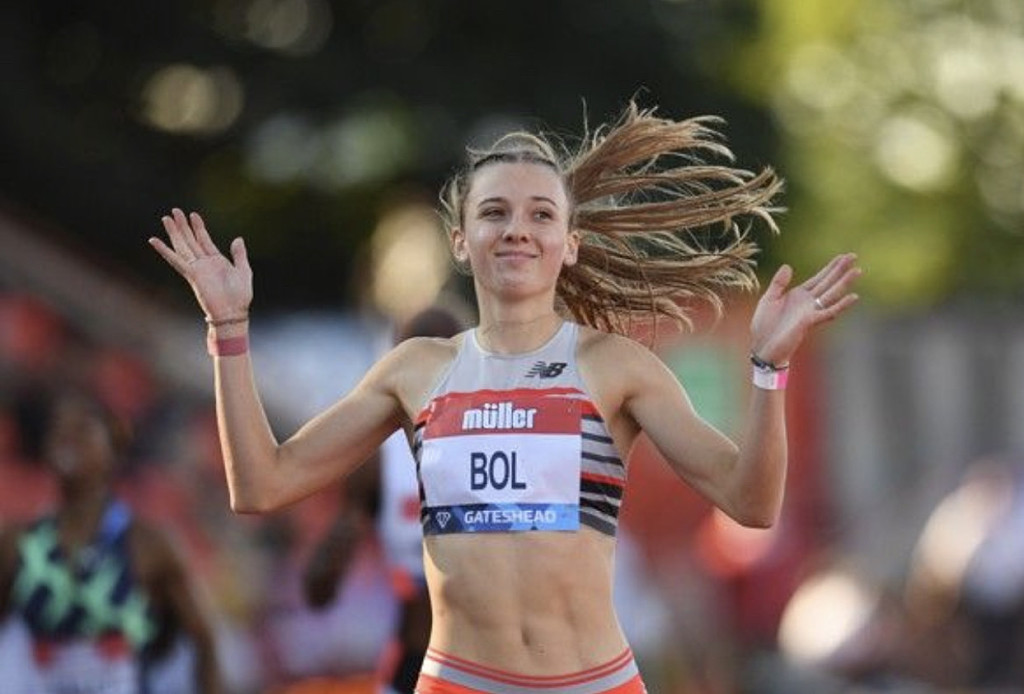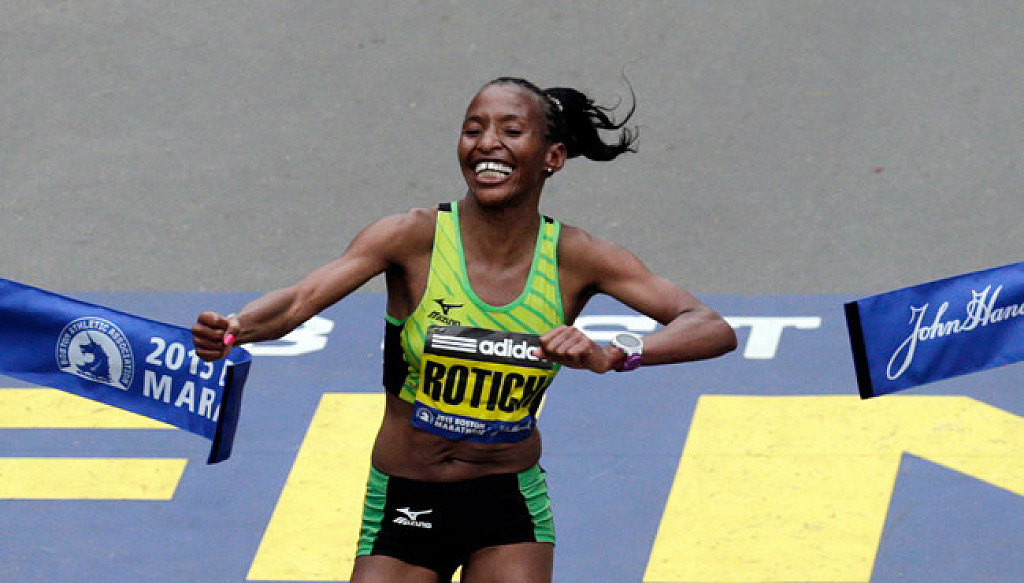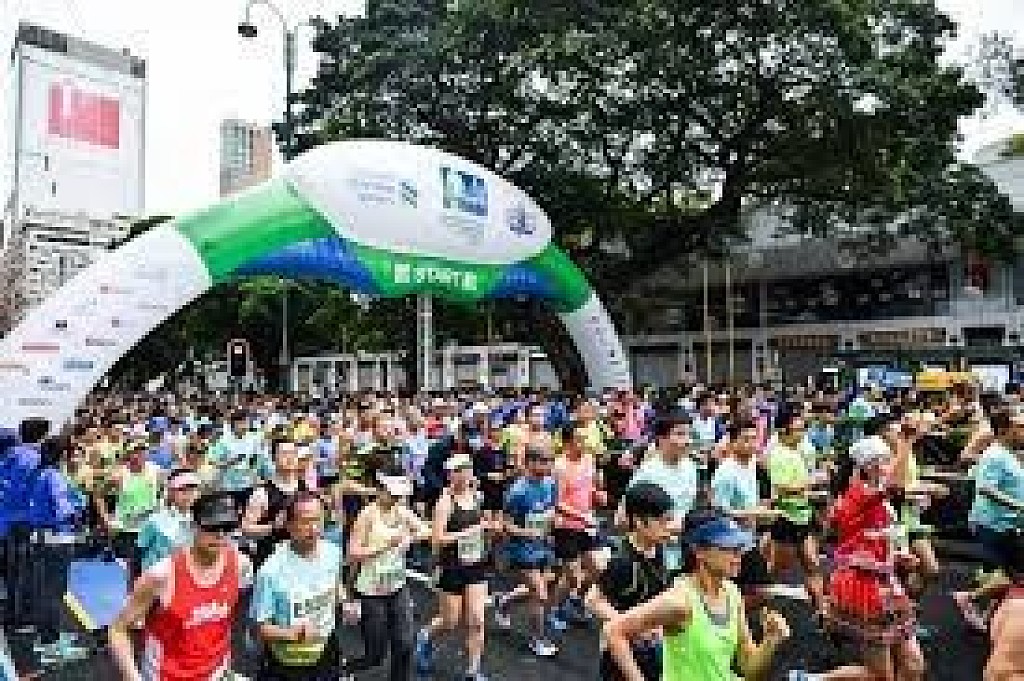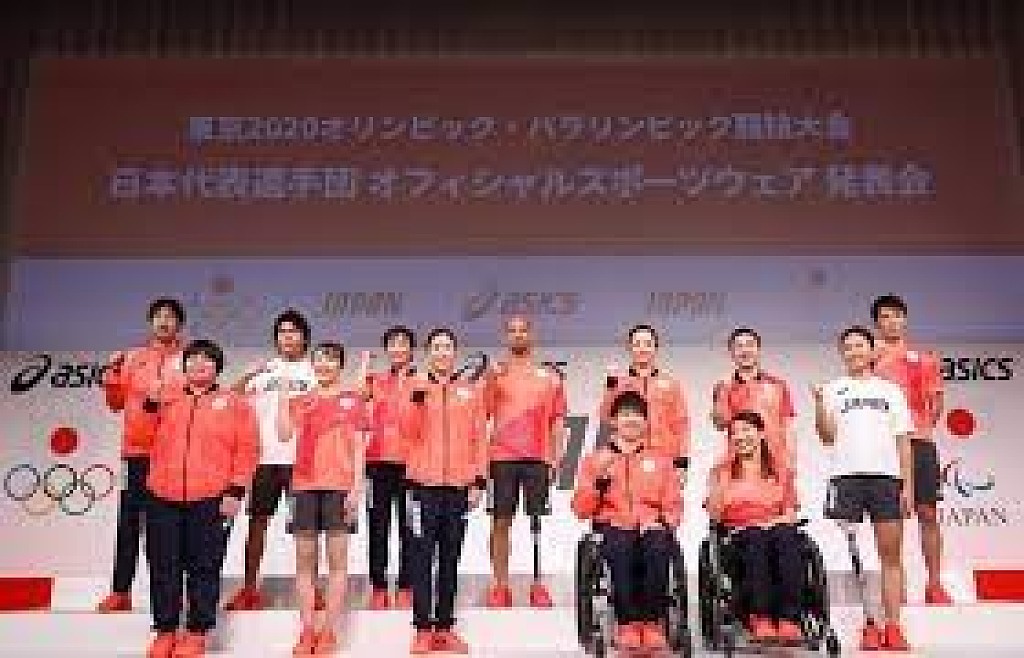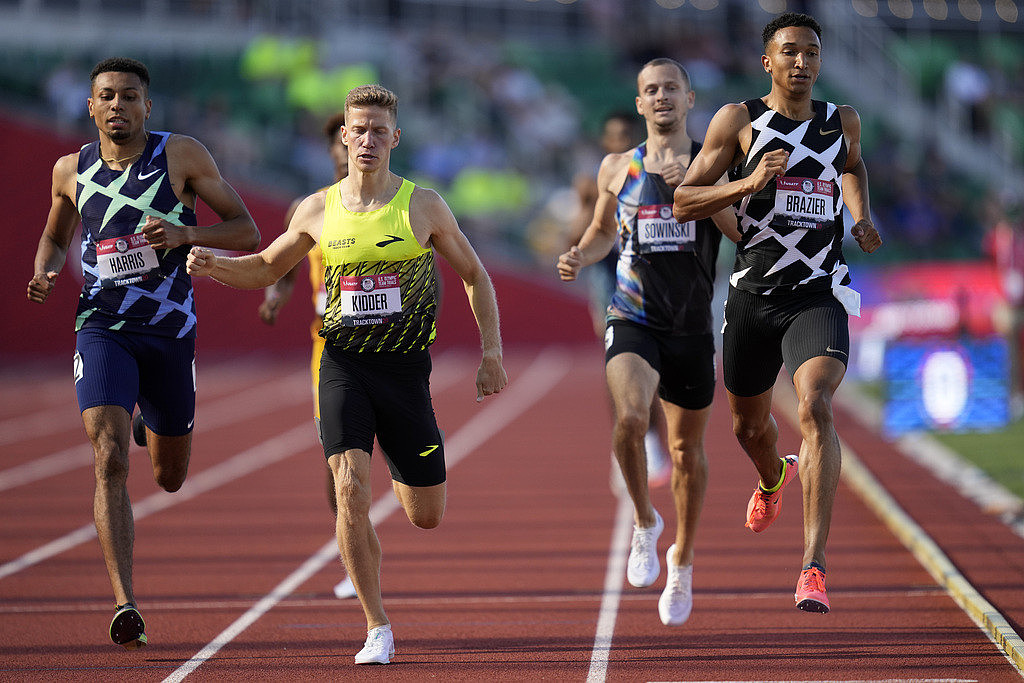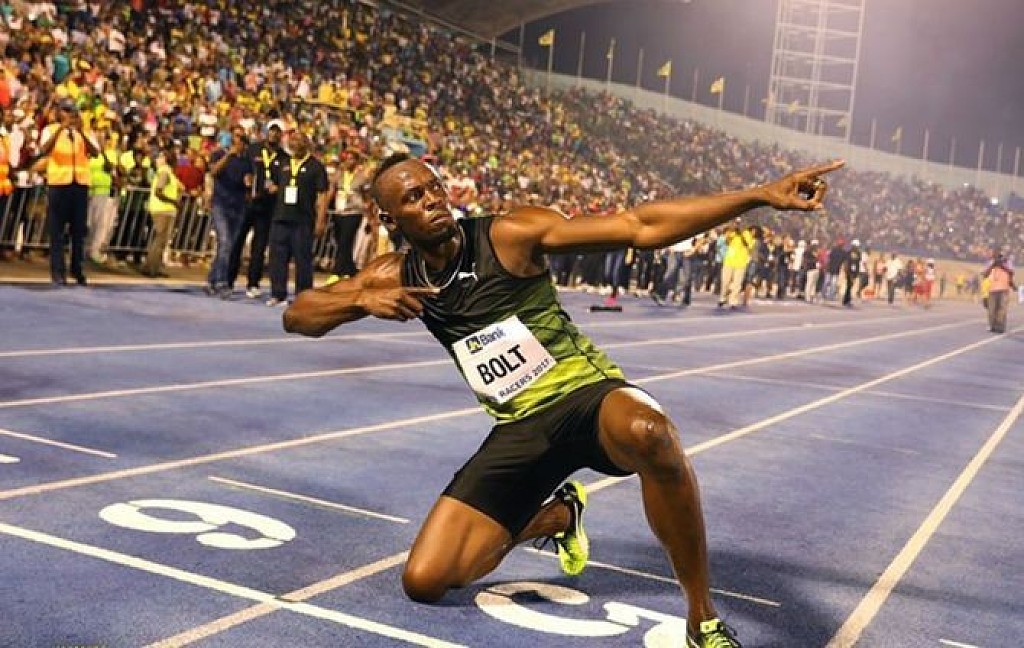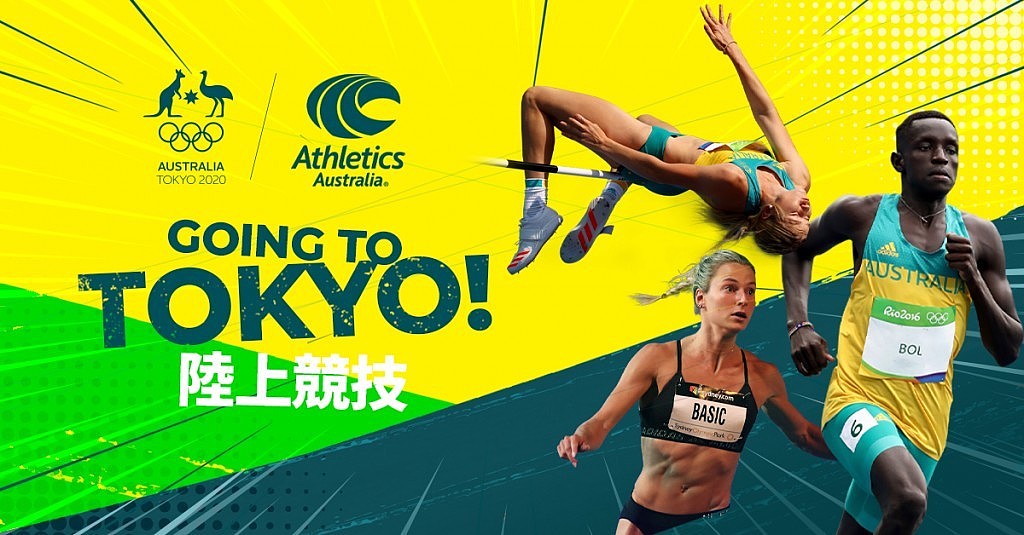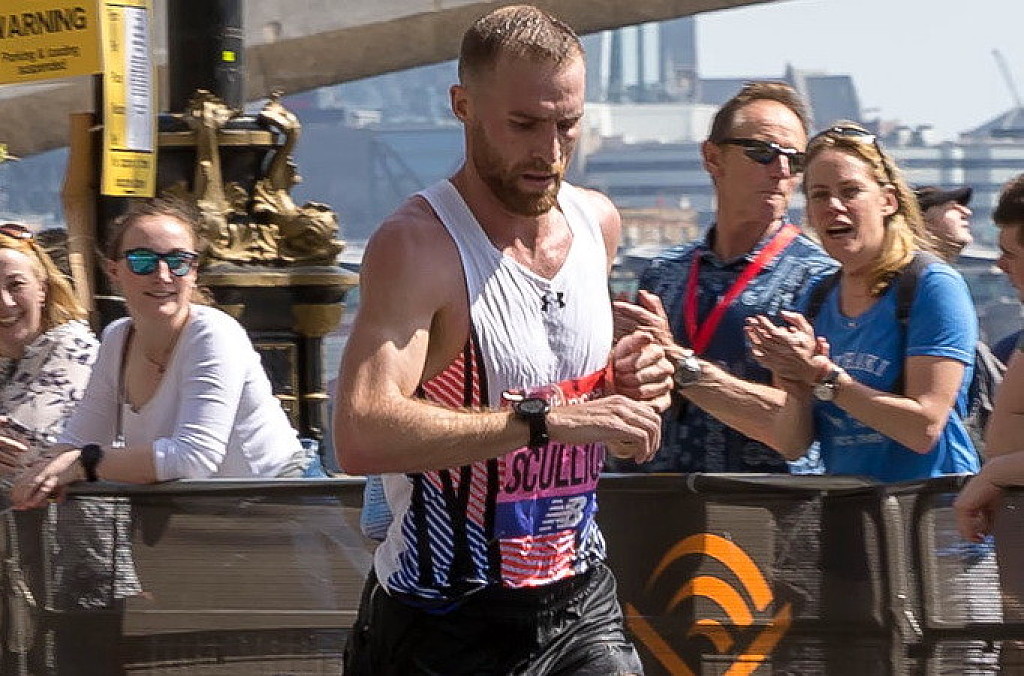Running News Daily
Top Ten Stories of the Week
7/17/2021
These are the top ten stories based on views over the last week.
Ruy Ueda Wins Skyrunning World Championships Vertical Kilometer
Even after the sport came to a standstill for a year, Japan's Ruy Ueda has continued his climb up the ranks. The Skyrunning World Championships kicked off July 9 in Catalunya, Spain, as part of the BUFF Mountain Festival. Going head to head with Europe's best, Ueda crowned the first day of the Championships by winning the vertical kilometer race. It was his first individual world title since being named the 2019 Syrunner World Series champion, and he aims to make it a double crown in Sunday's Sky Race.
The vertical race at this year's World Championships climbs 1000 m over a 2.8 km course from town of Barruera. Immediately going to the front of the field of 33, Ueda had a 7-second lead by the 2.2 km checkpoint after 481 m of climb. He held his lead from there, crossing the finish line in 35:06 to claim the world title. In 2016 he was 10th on the same course in 36:27 at that year's World Championships.
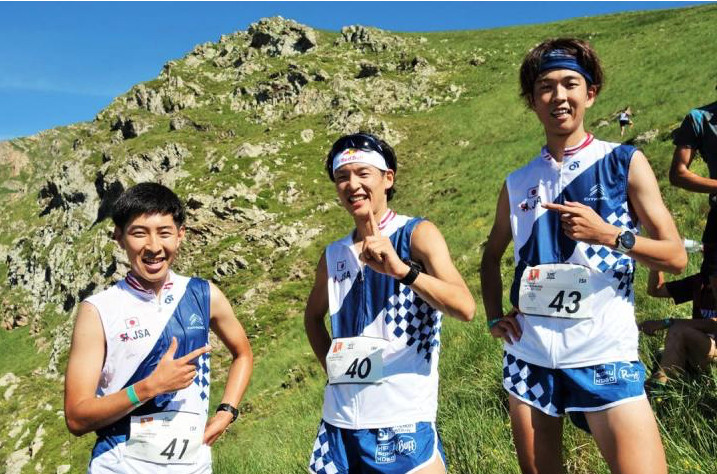
32 seconds back in 2nd was Spain's Daniel Osanz Laborda, 23, the 2018 and 2019 Youth World Championships gold medalist and 2019 Vertical Kilometer World Circuit champion. Switzerland's Roberto Delorenz was 3rd another 17 seconds back, also 23 and likewise a division champion and the 2017, 2018 and 2019 World Youth Championships.
While the men's race was close, Czech runner Marcela Vasinova easily dominated the women's field of 20, winning by more than two minutes in 41:00. Last year Vasinova won the Swissalpine Davos 68 km and Matterhorn Ultraks 25 km and was 7th in the Golden Trail Championships in the Azores. Just last weekend she took 5th in the Marathon du Mont-Blanc. 2nd in 43:14 was Spain's Oihana Kortazar Aranzeta, 3rd at last month's Olla de Nuria. France's Iris Pessey was 3rd.
Among the other members of the Japanese national team, Ryunosuke Omi was 7th and Masato Kamishohara 19th in the men's race, with Suzuha Kusuda 15th and Ayaka Ueda 17th in the women's race. The Skyrunning World Championships continue Saturday with the 68 km Sky Ultra Race, then wrap up Sunday with the 42 km Sky Race. Ueda is entered in the Sky Race, aiming for a second world title to go with his Vertical title on the opening day and the combined title.
Vertical Kilometer results:
Women
1. Marcela Vasinova (Czech Republic) - 41:00
2. Oihana Kortazar Aranzeta (Spain) - 43:14
3. Iris Pessey (France) - 44:26
4. Lina ElKott Helander (Sweden) - 45:18
5. Silvia Lara Dieguez (Spain) - 45:46
-----
15. Suzuha Kusuda (Japan) - 52:04
17. Ayaka Ueda (Japan) - 52:56
Men
1. Ruy Ueda (Japan) - 35:06
2. Daniel Osanz Laborda (Spain) - 35:38
3. Roberto Delorenzi (Switzerland) - 35:55
4. Manuel Da Col (Italy) - 36:05
5. Oscar Casal Mir (Andorra) - 36:52
-----
7. Ryunosuke Omi (Japan) - 37:44
19. Masato Kamishohara (Japan) - 41:59
(07/11/21) Views: 266Japan Running News
The multiple World 3000m steeplechase champion Ezekiel Kemboi says he is satisfied with his accomplishments on the track and wants to transition to marathon races
Multiple world 3000m steeplechase champion and double-Olympic gold medalist Ezekiel Kemboi said he chose to focus on road races because he felt he had nothing left to prove on the track.
The legend, who boasts four world titles to his name, said he is satisfied with his accomplishments on the track during which he won various medals on offer, including gold, silver and bronze.
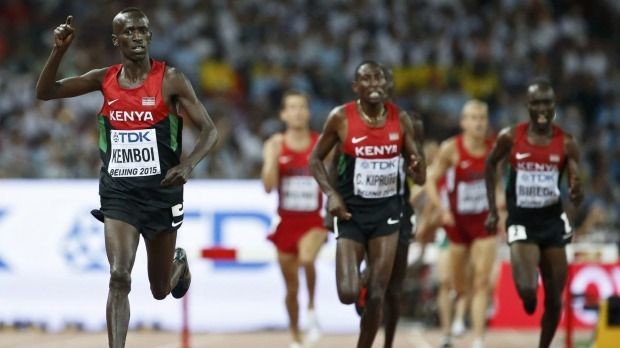
“I won everything, all the medals, and it’s like in politics, you can’t be president and come back to be an MCA,” Kemboi said.
Apart from the four gold won at the eight world championships in which he participated, Kemboi also clinched three silver medals in addition to a gold medal at the 2006 Commonwealth Games in Melbourne, Australia.
His first Olympic gold at the 2004 Olympics in Athens was followed by another at the London Olympics in 2012.
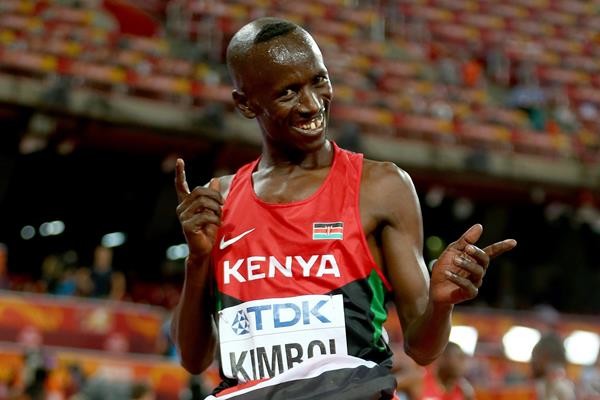
Kemboi reminisces on that win in Athens as the groundwork for what would be a colourful career of which the 2009 World Championships in Berlin stands out.
“The guys in that race were very strong. I remember around five guys who had participated in Diamond league, and I emerged a winner. That was the best race for me,” he said.
During the Rio Olympics in 2016, Kemboi stepped out of the race after being pushed by a fellow athlete.
“Some guy from Eritrea pushed me and I lost momentum, I then stepped on the inner lane and it’s a rule when you step you get disqualified. It was good for me because sometimes it’s good to have ups and downs,” he recalls.
Kemboi willingly gave away his bronze medal to the number four athlete who protested that he had broken some rule.
(07/12/21) Views: 160Laura Shatuma
No barriers for record-breaker Bol
To break a national record once in a career is an amazing achievement. To set 12 of them in one year alone is something else. But that’s exactly what Dutch star Femke Bol has done so far in 2021, during a year in which her specialist event – the 400m hurdles – has been launched to another level.
The 52.37 Bol ran to win at the Wanda Diamond League meeting in Stockholm earlier this month made her the fourth-fastest ever in the history of the women’s 400m hurdles, but such is the strength in the event, she is not the quickest this year. The top spot is of course filled by Sydney McLaughlin thanks to her remarkable world record of 51.90 at the US Olympic Trials, while Bol is one of four women to have gone sub-52.50 this season.
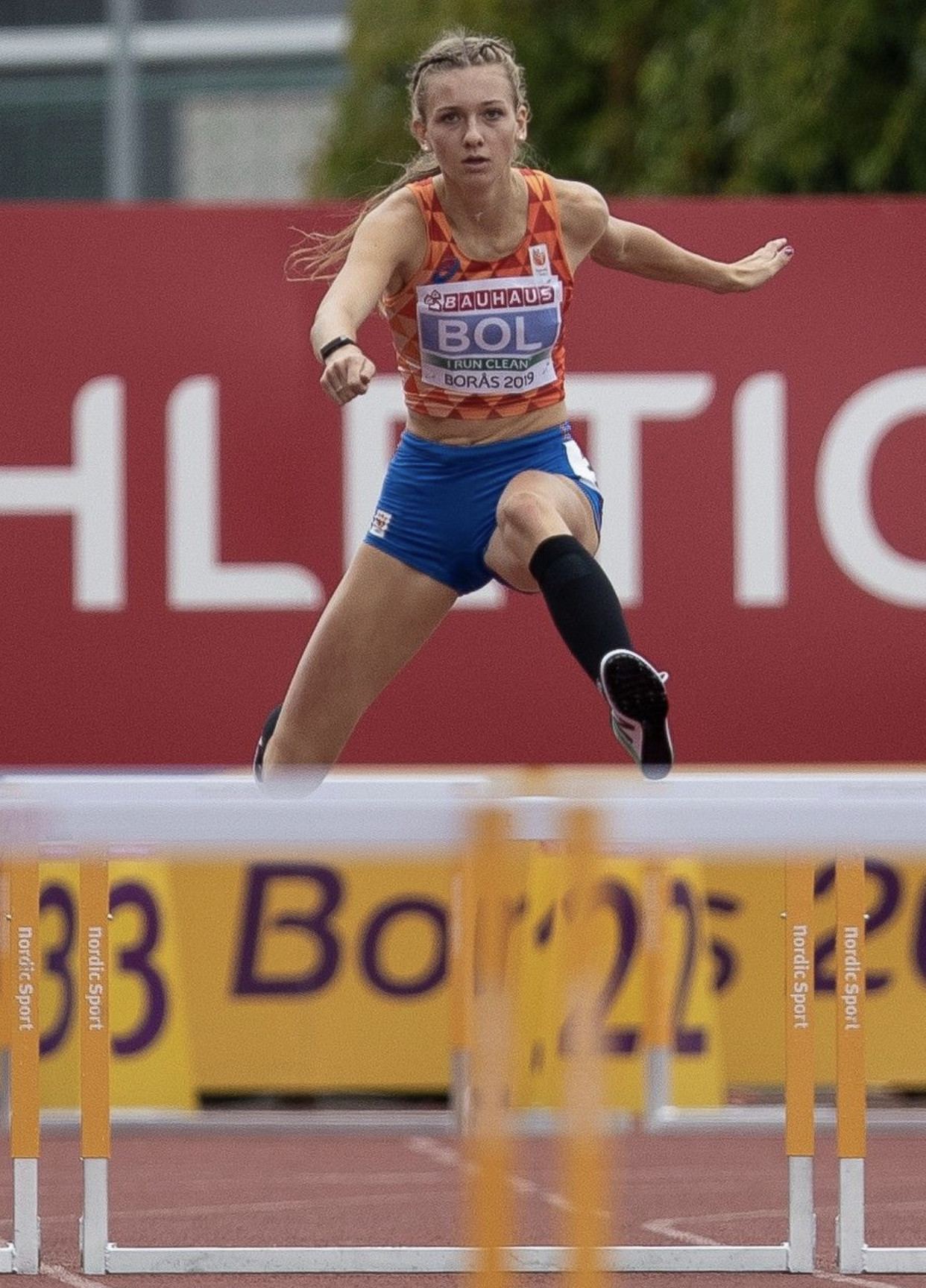
“We have such an amazing field,” Bol said. “I mean, the world record for women and men was broken in one week for both – it’s amazing to see the level of the 400m hurdles keep going up and that with my time I am now second in the world this year, not even first. Of course, you want to be first, but when the level in your event is so high, I think that is the best.”
It certainly makes things exciting, and it is that level of competition which the 21-year-old partly has to thank for her progress. After running 53.33 in Oslo, Bol said she was “curious” to find out what she might be capable of when really being pushed and she didn’t have to wait long to find out. Her 52.37 in Stockholm came just three days later as she narrowly held off the USA’s 2015 world silver medallist Shamier Little, whose PB of 52.39 in that race moved her to fifth on the world all-time list.
“When you have someone that you compete against, it always helps to push each other and I think that’s what makes it so beautiful, when competitors are really going against each other,” Bol had said before her race in Stockholm. “Like at the (US) trials, you see amazing times come from that. It is nice if you can be really competitive in the last metres, when you are full of lactic.”
The next day, after taking almost a second off her PB, a delighted Bol added: “I knew I was running against a really strong field and my coach and I said to each other: ‘Okay, I’m going to show that I can also do it under this pressure and when we push each other’. Shamier was coming so close, and I don’t think I have ever pushed as much in the last few metres. I am extremely happy and also that I did a good dip to win it.
“When I run these times, I am in the mix against the real good girls and I didn’t expect it, to be honest. I hoped I could do 52.9 maybe this year and I felt I was getting close to that, and now I have run one second faster (than her previous PB). It’s not yet making sense in my head!”
Until 2019, Bol’s focus had been on the 400m flat – the event in which she made the semifinals of the 2017 European U20 Championships. But in that first year of taking on the 400m hurdles the communication sciences student won the European U20 title and competed at her first World Athletics Championships, having started her senior international career by forming part of the Dutch team for the 2019 World Athletics Relays in Yokohama. Much has changed since then and she has the benefit of major event experience as she prepares to make her Olympic debut in Tokyo.
“Dafne once said to me: ‘Everywhere you go, it’s a track and you do your 400m hurdles’ and that’s really something I always keep in mind,” Bol revealed. “Okay, I’m at the Olympics, but it’s again just the 400m hurdles I have to do and do my best race. That’s mostly what I think, and having that experience of knowing how to recover between the heats, semis and final.”
So what is her focus during these final few weeks? “Just to keep cool, do my own thing and focus on the things I have to do, to do well at the Olympics,” Bol replied with a smile.
"I couldn't have had a better preparation for Tokyo and I cannot wait now."
(07/14/21) Views: 153Elite field for 125th Boston Marathon will include 13 former champions
The field for the 125th Boston Marathon will include 13 former champions with a combined 30 first-place Boston finishes, the Boston Athletic Association announced on Wednesday. The group competing on Oct. 11 includes World Athletics Marathon champions, Paralympic medalists, Abbott World Marathon Majors winners, and Olympians.
Four of the last five women’s open champions are scheduled to run: American Desiree Linden (2018), a two-time Olympian; Kenyan Edna Kiplagat (2017), a two-time World Athletics Marathon Championships gold medalist; Kenyan Caroline Rotich (2015); and Atsede Baysa (2016).
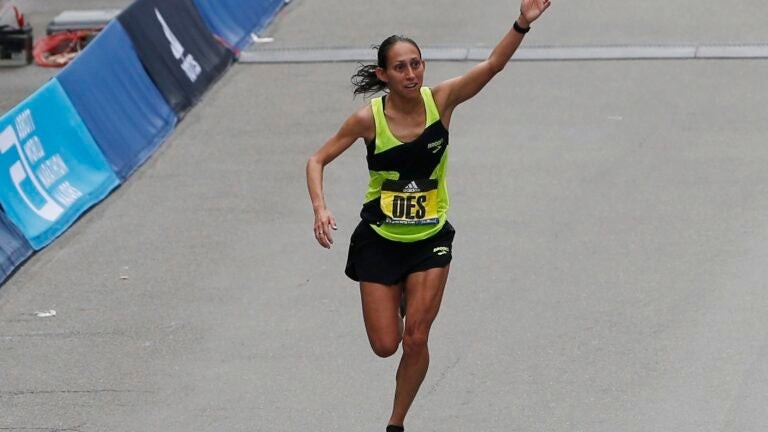
Two-time champion and course record holder Manuela Schär returns to defend her title in the women’s wheelchair race. Schär, a three-time Paralympic medalist from Switzerland, won Boston in 2017 and 2019 and is the only woman to have clocked a sub-1:30 marathon. Also among the wheelchair contenders is five-time Boston champion and 17-time Paralympic medalist Tatyana McFadden, who will race the 400 meters, 800 meters, 1500 meters, 5000 meters, and the marathon at the Tokyo Paralympic Games for Team USA.
The three returning men’s champions have all posted lifetime bests under 2:07:30. They are Kenya’s Geoffrey Kirui (2017), Ethiopia’s Lemi Berhanu (2016), and Yuki Kawauchi (2018), who will attempt to become the first man from Japan since Toshihiko Seiko in 1987 to earn two Boston Marathon titles.
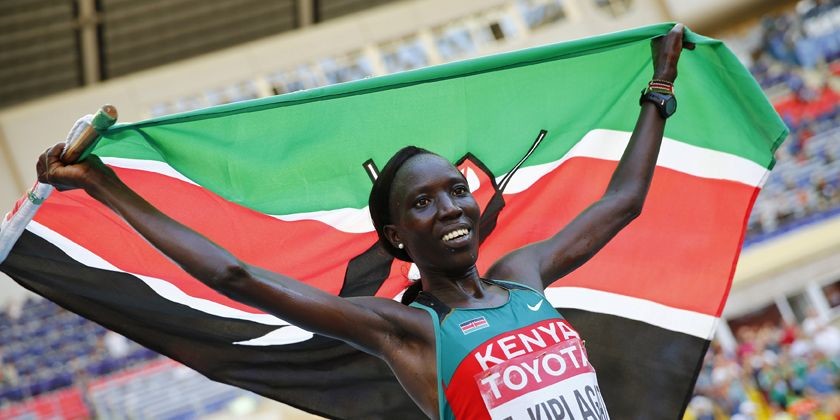
Four men’s wheelchair champions with a combined 16 titles will return, including defending champion Daniel Romanchuk of Illinois. The 2016 and 2021 Paralympian for Team USA made history by winning the 2019 race and Abbott World Marathon Majors Series XII at just 20 years old. Course record holder Marcel Hug of Switzerland, who had four straight wins from 2015-18, is back. Ernst van Dyk of South Africa, the most decorated champion in race history with 10 titles, also will compete, as will 2012 winner and former course record holder Josh Cassidy of Canada.
The race also features restructured prize money awards that will include equal course record bonuses for the open and wheelchair divisions and the introduction of prize money for the inaugural para athletics divisions. Boston will be the first Abbott World Marathon Major event to offer equal $50,000 course record bonuses across open and wheelchair divisions, and the first event to provide a designated prize purse for athletes with upper limb, lower limb, and visual impairments.
“We are delighted to welcome so many champions from such a diverse range of competition back to Boston for the 125th running of the Boston Marathon,” said Tom Grilk, BAA president and CEO. “While October’s race marks a long-awaited return to racing, it will also recognize and celebrate the many world-class athletes competing for an historic prize purse across multiple divisions.”
(07/14/21) Views: 77Andrew Mahoney
Postponed 2021 Hong Kong Marathon set for October with 75 per cent cut in numbers
The twice-postponed 2021 Hong Kong Marathon, due to take place in October, will have its numbers cut by 75 per cent to 18,500, organisers have announced.
The participation numbers within the full, half marathon and 10km events has been reduced from its normal total of 74,000 as part of COVID-19 precautions.
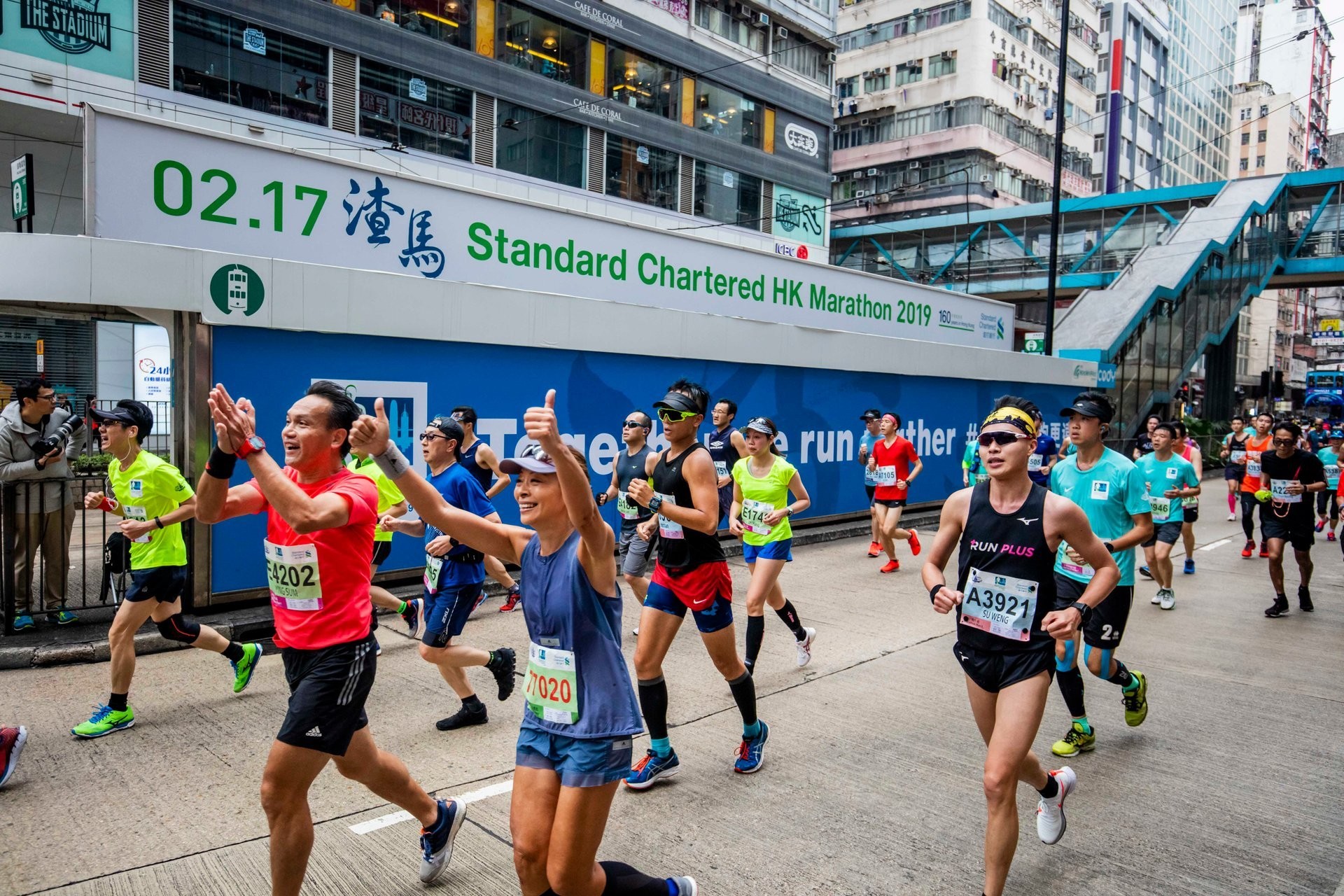
The Hong Kong Association of Athletics Affiliates (HKAAA) said the Home Affairs Bureau had agreed in principle for the postponed event to take place but it still needed a stamp of approval from the government and Centre for Health Protection.
Organisers are seeking approval for the re-shaped event from senior Government and medical experts by August to have time to prepare for the races.
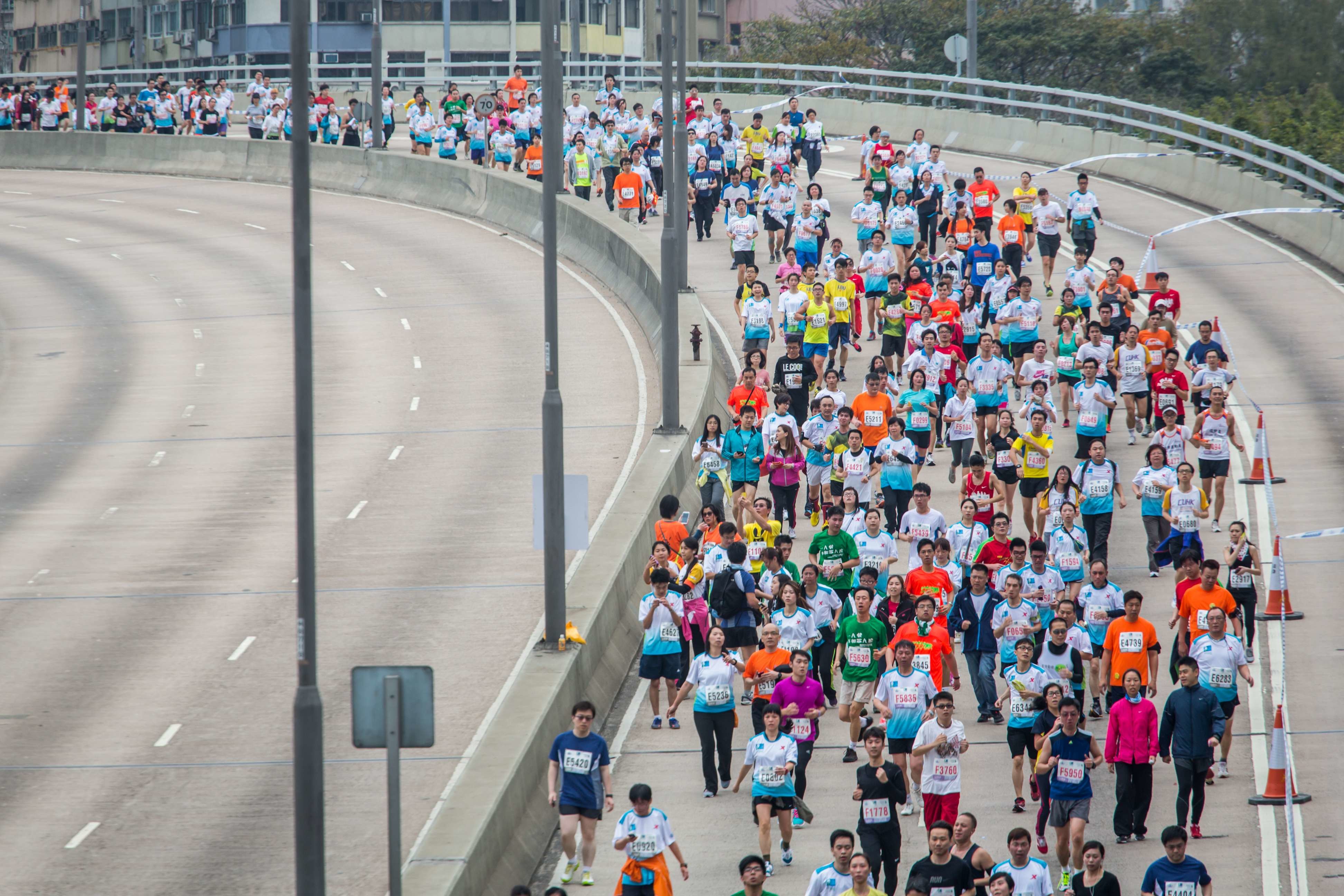
Negotiations for the latest arrangement began in March.
The 2021 race, due to take place on January 24, was postponed to April and then again to October.
The half and full marathons will accommodate 6,500 and 4,000 runners respectively, with the route largely unchanged from previous years.
The 10km race, which will involve 8,000 runners, will start at the Western Tunnel Toll Plaza as opposed to its usual location at the Island Eastern Corridor.
This is to ensure all three races share the same route to minimise the chance of COVID-19 infections.
The roll-out-style starting times remain the same despite the reduced field, with runners going off in batches of 200 to minimise contact.
All participants must be fully vaccinated at least two weeks before the race and must arrive with their masks on before the race, although they can remove them at the start line.
"The Government is eager to bring people back to normal life, and with the recent ease of the pandemic [restrictions], we are quite confident in finding a resolution to pave a way to stage the event his year," said HKAAA chairman Kwan Kee.
World governing body World Athletics said given the pandemic, there was no need to classify the event as gold-label and therefore organisers do not need to meet the "top runner" threshold.
Organisers nonetheless plan to invite elite runners from neighbouring countries who have comparatively lighter Government-imposed quarantine requirements.
They added that a bubble scenario was not feasible in terms of money and manpower.
In case the HKAAA needed to call off the event 14 days in advance, there will be a 50 per cent refund on entry fees - any later and refunds will not be offered, as is the case with many international race events this year.
Organisers have also pencilled in next year’s Standard Chartered Marathon events for February 13, 2022
(07/11/21) Views: 65Mike Rowbottom
Japan named host nation’s team for Olympic Games
Japan has named a team of 65 athletes to represent the host nation at the Tokyo Olympic Games.
The line-up features world 20km race walk champion Toshikazu Yamanishi along with four members of the 4x100m squad that took bronze at the World Athletics Championships Doha 2019.
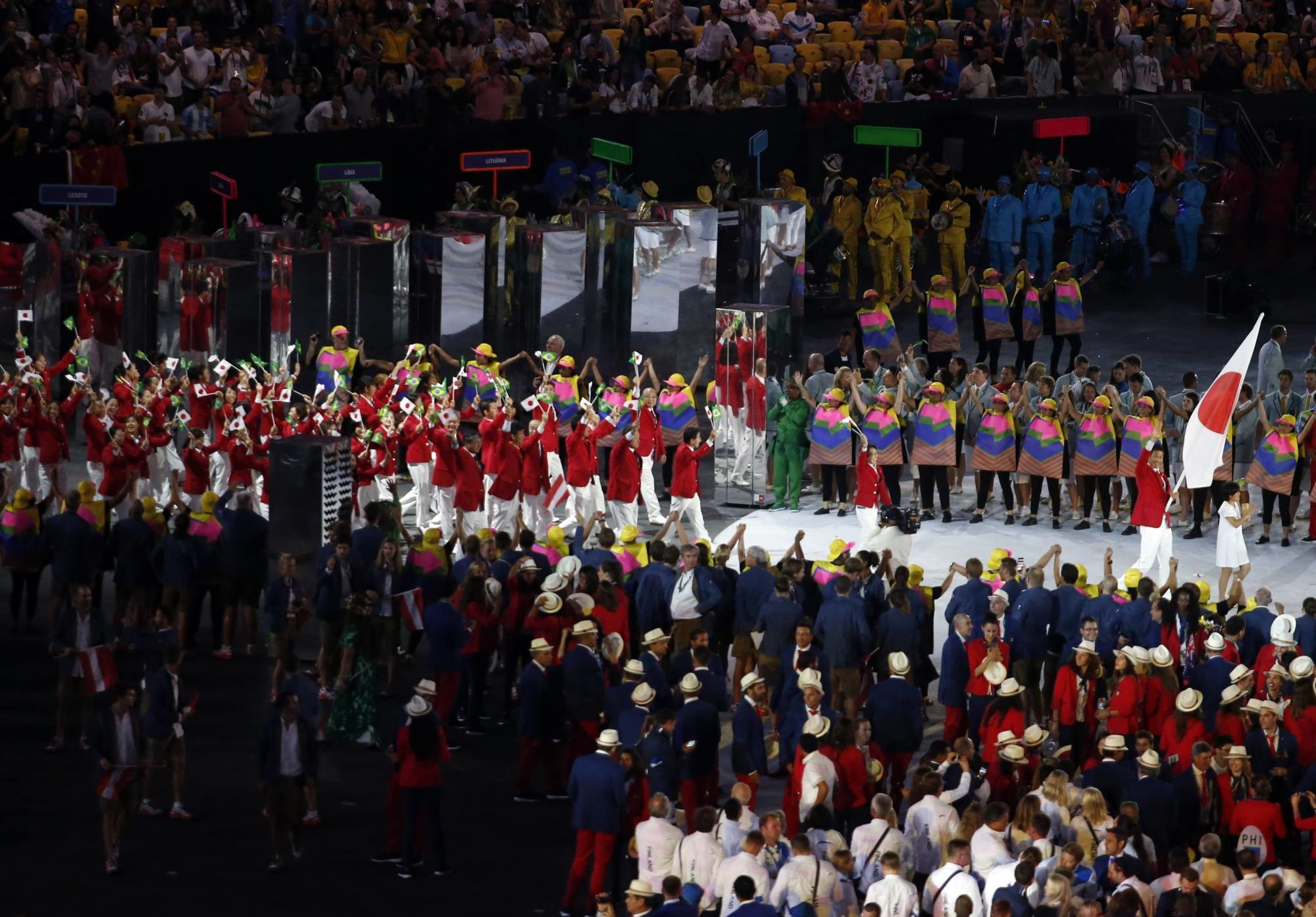
Thirteen individual national record-holders have also been selected, including 100m sprinter Ryota Yamagata, middle-distance runner Nozomi Tanaka, sprint hurdlers Shunsuke Izumiya and Asuka Terada, race walker Masatora Kawano and javelin thrower Haruka Kitaguchi.
Japan had named its marathon squad last year following a highly competitive selection process.
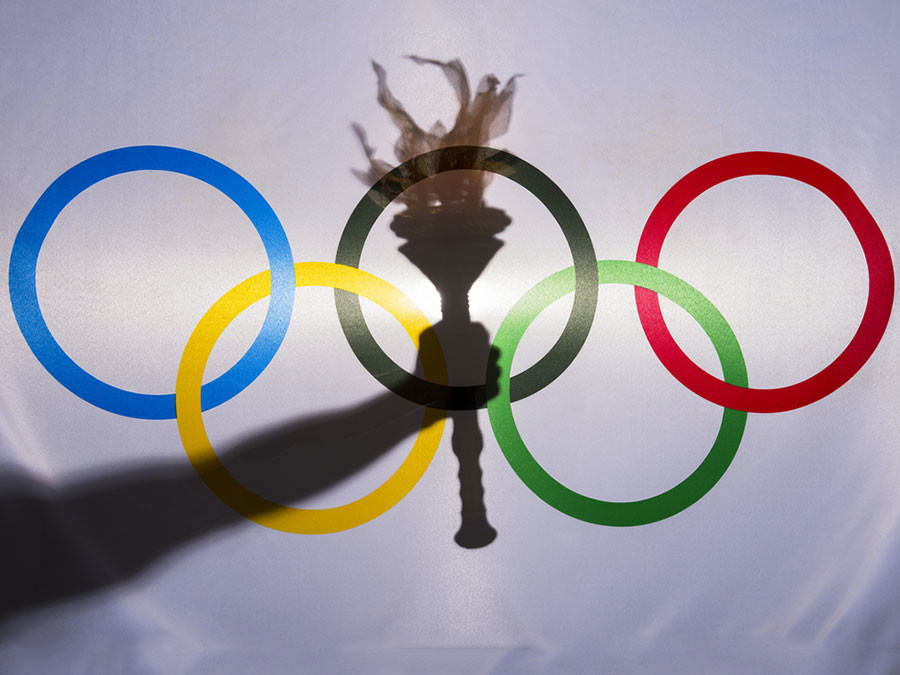
Japanese team for Tokyo
WOMEN
1500m: Nozomi Tanaka, Ran Urabe
5000m: Kaede Hagitani, Ririka Hironaka, Nozomi Tanaka
10,000m: Yuka Ando, Ririka Hironaka, Hitomi Niiya
Marathon: Mao Ichiyama, Honami Maeda, Ayuko Suzuki
3000m steeplechase: Yuno Yamanaka100m hurdles: Masumi Aoki, Ayako Kimura, Asuka Terada
Javelin: Haruka Kitaguchi
20km race walk: Nanako Fujii, Kaori Kawazoe, Kumiko Okada
4x100m: Hanae Aoyama, Yu Ishikawa, Mei Kodama, Ami Saito, Remi Tsuruta,
MEN
100m: Yuki Koike, Shuhei Tada, Ryota Yamagata
200m: Shota Iizuka, Hakim Sani Brown, Jun Yamashita
400m: Julian Walsh
5000m: Yuta Bando, Hiroki Matsueda
10,000m: Akira Aizawa, Tatsuhiko Ito
Marathon: Yuma Hattori, Shogo Nakamura, Suguro Osako
3000m steeplechase: Ryoma Aoki, Ryuji Miura, Kosei Yamaguchi
110m hurdles: Shunsuke Izumiya, Taioh Kanai, Shunya Takayama
400m hurdles: Kazuki Kurokawa, Abe Takatoshi, Hiromu Yamauchi
High jump: Takashi Eto, Naoto TobePole
vault: Masaki Ejima, Seito YamamotoLong
jump: Yuki Hashioka, Hibiki Tsuha, Shotaro Shiroyama
Javelin: Takuto Kominami
20km race walk: Koki Ikeda, Eiki Takahashi, Toshikazu Yamanishi
50km race walk: Hayato Katsuki, Masatora Kawano, Satoshi Maruo
4x100m: Bruno Dede, Yoshihide Kiryu, Yuki Koike, Shuhei Tada, Ryota Yamagata
4x400m: Rikuya Ito, Kaito Kawabata, Kentaro Sato, Aoto Suzuki, Julian Walsh.
(07/10/21) Views: 63World Athletics
History of track and field at the Olympics
Track & field events at the Olympics make use of some of the most basic physical maneuvers that human beings perform, so it’s no surprise that it has a long and storied past. Every event uses running, jumping, and throwing, simple and necessary movements used by early humans to survive, hunt, make war and have fun. Let’s take a look at the origins of track & field events, from their inclusion in the ancient Olympics to today.
If you’re interested in betting on track & field today, you should check out sportsbooks that take wagers on those events, like Fanduel.
Origin At The Ancient Olympics
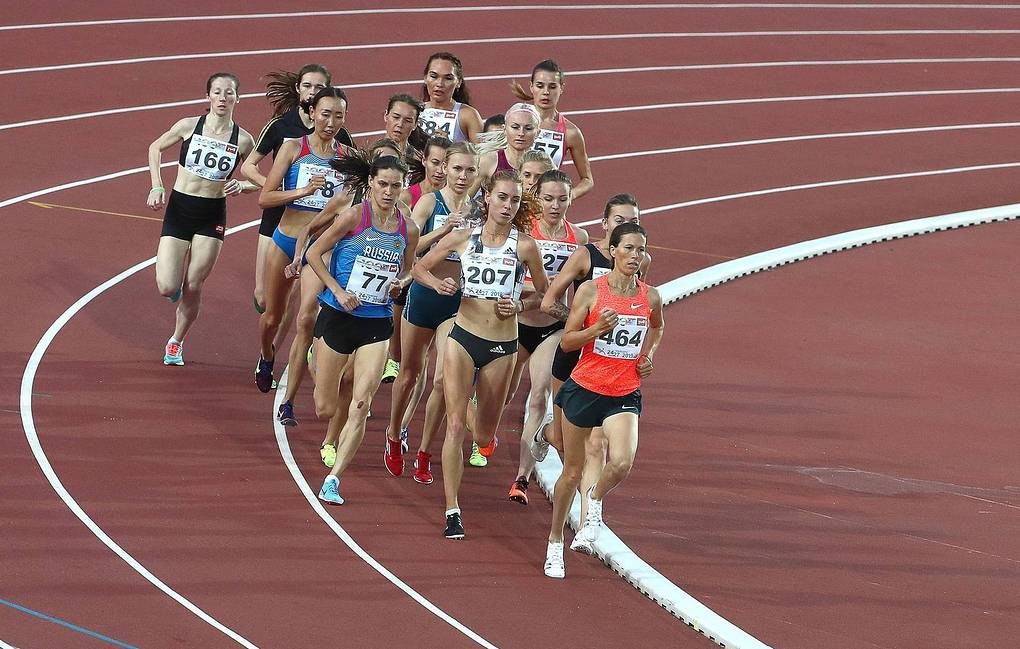
As we said, the origin of track & field is thought to come from human prehistory. Where the Olympics is concerned, however, we can point to the Ancient Olympic Games. While the first Olympic games used the stadion, a simplistic footrace. It was the pentathlon years later that created what we could call the first track & field events. This combined the stadion event with the javelin throw, the discus throw, and the long jump, before a finale where athletes wrestled one another. The first pentathlon was held at the 18th Ancient Olympics, which took place in 708 B.C. That’s 2,700 years ago!
Track & field events were also performed at the Panhellenic Games, where they then eventually spread to Italy and then into Northern Europe throughout the Middle Ages (500 – 1500 A.D.) These events kept track & field activities alive till the revival of the Olympic Games.
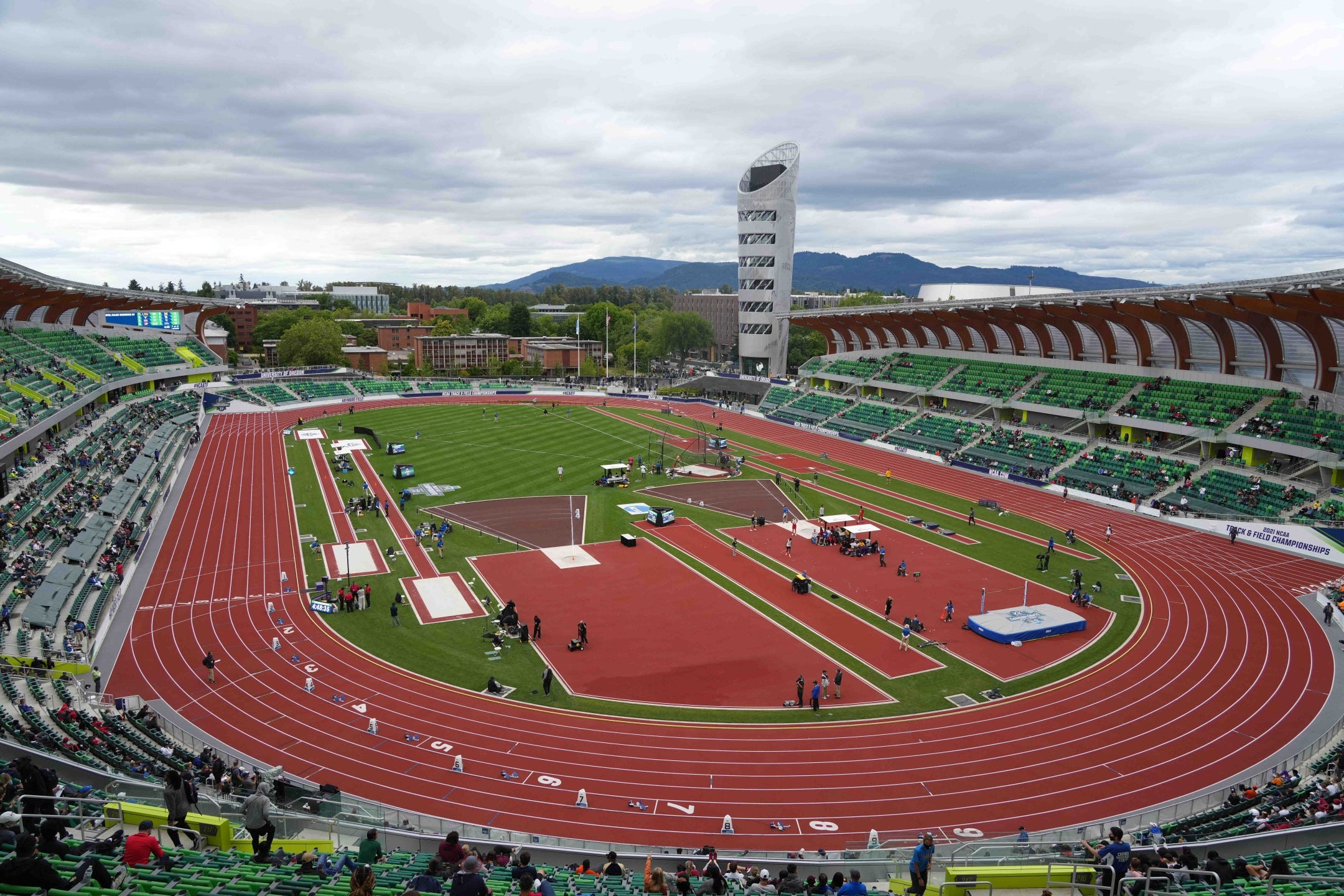
Revival At The Olympic Games
The Olympic Games as we know it today returned in 1896 with the Athens Summer Olympics. Bringing together fourteen nations who fielded over two hundred athletes, they competed across forty events. One of those events combined track & field activities with the marathon as part of their athletics program.
It is thought that its inclusion was because of numerous athletic clubs in Britain and America during the 1800s, where public schools and military academies started using track & field training which then developed followings from those who wanted to engage in those activities for leisure purposes.
The Olympics struggled for its next gatherings after 1896. This changed in 1912 with the so-called Swedish Masterpiece, where the fifth Olympic Games went off without a hitch in Stockholm and attracted massive appeal. It was also the last event to use solid gold medals and the first time they welcomed an Asian nation, Japan, to join the games.
At these games, the track & field event wasn’t without controversy. Pentathlon winner Jim Thorpe was revealed to have played baseball for money in the past, technically breaking the amateurism rules enforced at the Olympics, and so his track & field medals were stripped. They were reinstated 29 years after his death.
The International Amateur Athletic Federation, the IAAF, then became the governing body for track & field events.
From The ‘60s To Now
Over the course of the century, the Olympic Games steadily became the most popular and prestigious athletic event, and track & field was along for the ride. Multi-sport events like track & field inspired similar activities in the Commonwealth Games and the Pan-American Games. As televisions became more mainstream in the 60s, worldwide audiences could now view and become fans of specific track & field runners. This gradually overthrew their amateurism rule as Olympic performers became professional athletes.
Something else was also going on in the world during the 60s, the Cold War. While the war was silently raging in the background, the Olympics became a battleground where athletes from the USA and the USSR clashed across multiple sports, including track & field.
From the 90s onward, the popularity of the sport would only improve as the IAAF grew. The IAAF now hold their own events too, where track & field athletes test their mettle outside of the Olympics. At the last Olympic Games, in Rio de Janeiro, track & field events were hosted.
(07/11/21) Views: 56Colorado Runner
Olympic champion Usain Bolt will be running 800m race as a promotion for CarMax
The reigning 100m and 200m Olympic champion is coming out of retirement for one race and one race only — not in either of his signature events, but in the 800m. Usain Bolt, who recently became the father of twins, will be making a brief comeback to run a promotional race for the used vehicle retailer, CarMax.
Bolt, whose 13-year reign as Olympic champion is set to come to an end this summer, said in an interview with NBC Sports that he’s enjoying being back on the track. “I definitely miss it a little bit,” he said. “I’m excited to be training and just running and seeing what I can do.”
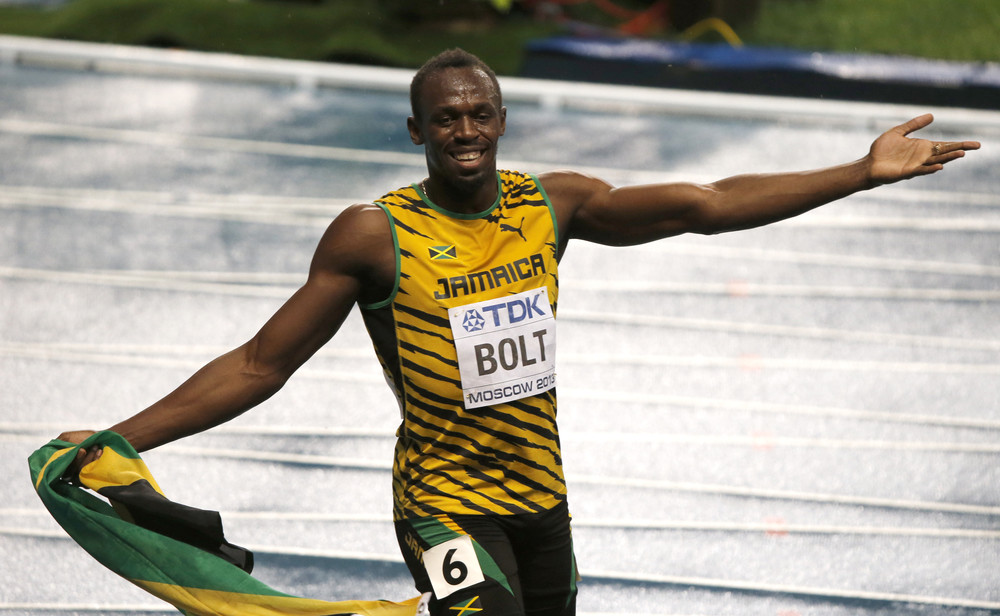
To get ready for the race, Bolt has been riding his Peloton bike and hitting the track for some interval sessions. “Just to get my legs ready for the lactic acid and my lungs for the air that I need,” he explained. His best time over 800m is 2:05, but he says he did that without spikes. “If I put the spikes on, I can make it under 2 minutes,” he insisted.
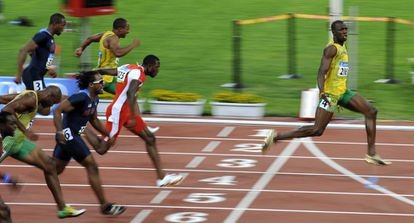
The race is set to take place on July 13, and will be broadcast on his Facebook page. He won’t be racing against anyone, and instead, his opponent will be a CarMax customer who is getting an instant online offer for a vehicle on their phone while Bolt sprints around his home track. Much to his fans’ disappointment, he made it clear that no, this is not a sign of a future comeback.
“Definitely not,” he said. “This is just a one-off challenge to see if I still got it.”
(07/11/21) Views: 55Brittany Hambleton
Australia selects 64 squad for Tokyo Olympics
Australia has named a team of 64 athletes for the Tokyo Games, which will be the nation’s biggest ever athletics squad for an overseas Olympics.
Further to those athletes already announced, the second wave of selections includes Jeff Riseley making his fourth Olympics and Kathryn Mitchell, Dave McNeill and Henry Frayne returning for their third Games.
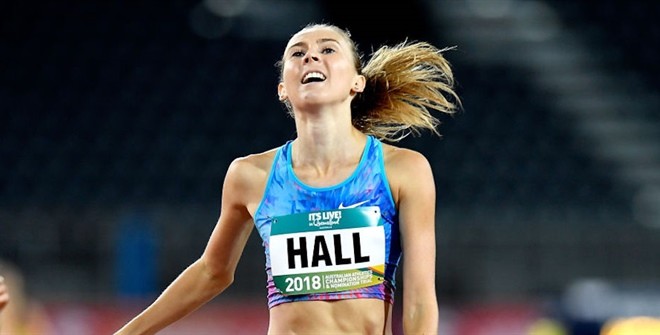
Riseley joins previously selected Tokyo 2020 teammates Dani Stevens and Lisa Weightman in equalling the most Olympics by Australian athletics representatives.
Dane Bird-Smith is joined by Kyle Swan and Declan Tingay in the 20km race walk, five years after he claimed bronze in Rio.
Nicola McDermott, who improved her Oceania record to 2.01m in Stockholm, is joined in the high jump by Eleanor Patterson, while Linden Hall, Jessica Hull, Ollie Hoare and Stewart McSweyn are among the 1500m team members.
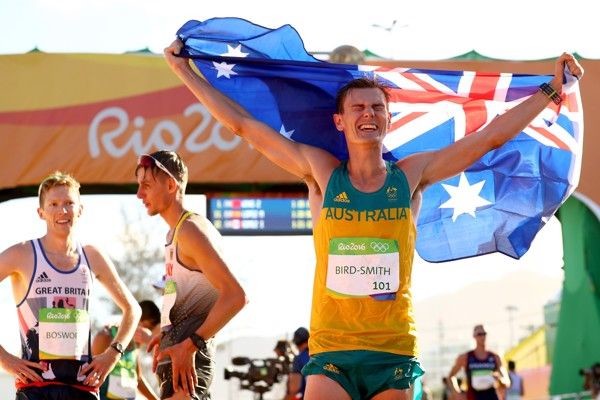
Patrick Tiernan is set to double in the 5000m and 10,000m.
Australian team for Tokyo
WOMEN
100m: Hana Basic200m: Riley Day400m: Bendere Oboya800m: Catriona Bisset, Morgan Mitchell1500m: Georgia Griffith, Linden Hall, Jessica Hull5000m: Isobel Batt-Doyle, Jenny Blundell, Rose DaviesMarathon: Sinead Diver, Ellie Pashley, Lisa Weightman3000m steeplechase: Amy Cashin, Genevieve Gregson, Georgia Winkcup
100m hurdles: Liz Clay400m hurdles: Sarah CarliHigh jump: Nicola McDermott, Eleanor PattersonPole vault: Nina Kennedy, Elizaveta ParnovaLong jump: Brooke StrattonDiscus: Dani StevensJavelin: Kelsey-Lee Barber, Mackenzie Little, Kathryn Mitchell20km race walk: Katie Hayward, Bec Henderson, Jemima Montag4x400m: Ellie Beer, Angeline Blackburn, Kendra Hubbard, Bendere Oboya, Anneliese Rubie-Renshaw
MEN
100m: Rohan Browning400m: Alex Beck, Steven Solomon800m: Peter Bol, Charlie Hunter, Jeff Riseley1500m: Jye Edwards, Ollie Hoare, Stewart McSweyn5000m: Morgan McDonald, Dave McNeill, Patrick Tiernan10,000m: Patrick TiernanMarathon: Liam Adams, Jack Rayner, Brett Robinson3000m steeplechase: Ben Buckingham, Matthew Clarke, Edward Trippas
110m hurdles: Nick HoughHigh jump: Brandon StarcPole vault: Kurtis MarschallLong jump: Henry FrayneDiscus: Matthew Denny20km race walk: Dane Bird-Smith, Kyle Swan, Declan Tingay50km race walk: Rhydian Cowley
Decathlon: Cedric Dubler, Ashley Moloney
(07/09/21) Views: 51World Athletics
The Belfast man was due to make his first appearance at an Olympics in Tokyo but will now not compete as he struggles with mental health issues.
"I will not be going to Tokyo Olympics & until I feel in a better place with mental health I am taking some time to myself," Scullion tweeted on Saturday.
"Sometimes in life you have to do what is right, and I need to find a happy place," he added.
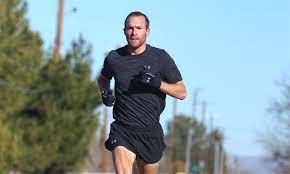
"I apologise to anybody who has supported me until now and feels lets down."
"It's ok to struggle. I promise you we all struggle and I'm sorry that it's not easier to open up," Scullion had said in an earlier tweet on Friday.
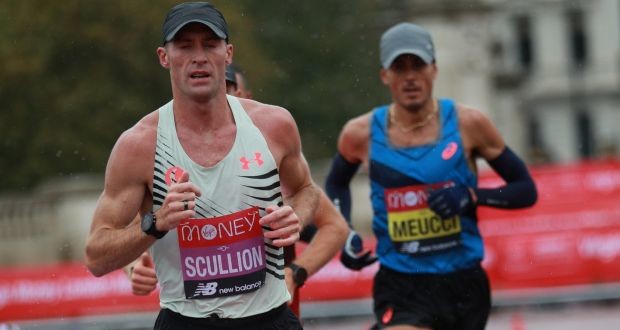
"I'm sorry that as a society it's seen as weakness struggling with mental health. It's not, and we need to talk about it more, and how to cope."
Scullion's scheduled maiden participation in the Olympic men's marathon had been confirmed on June 15.
Ireland will be represented in the event by Paul Pollock and Kevin Seaward, who both ran at the 2016 Rio Games.
(07/10/21) Views: 51

